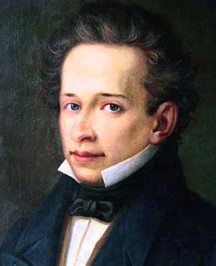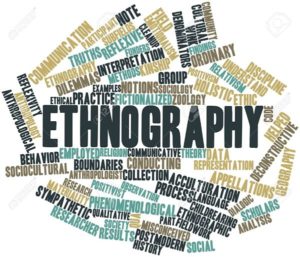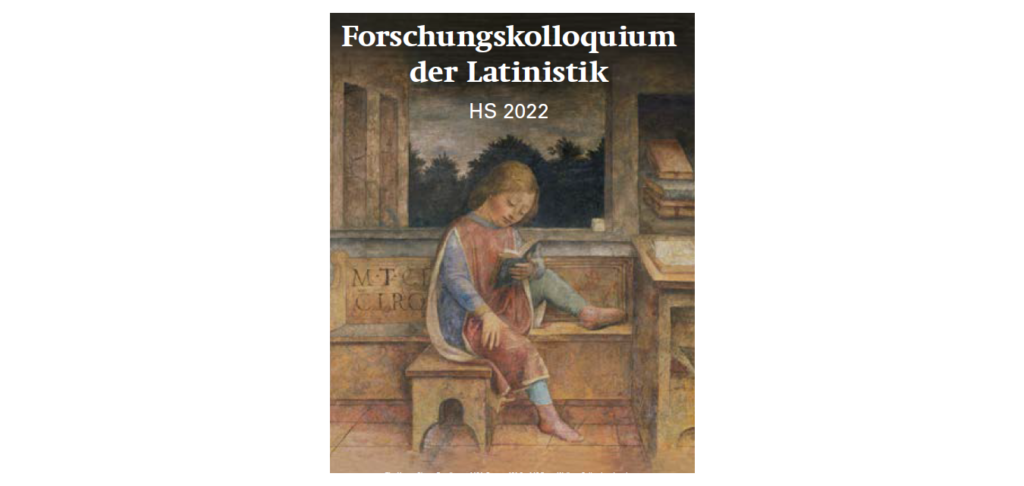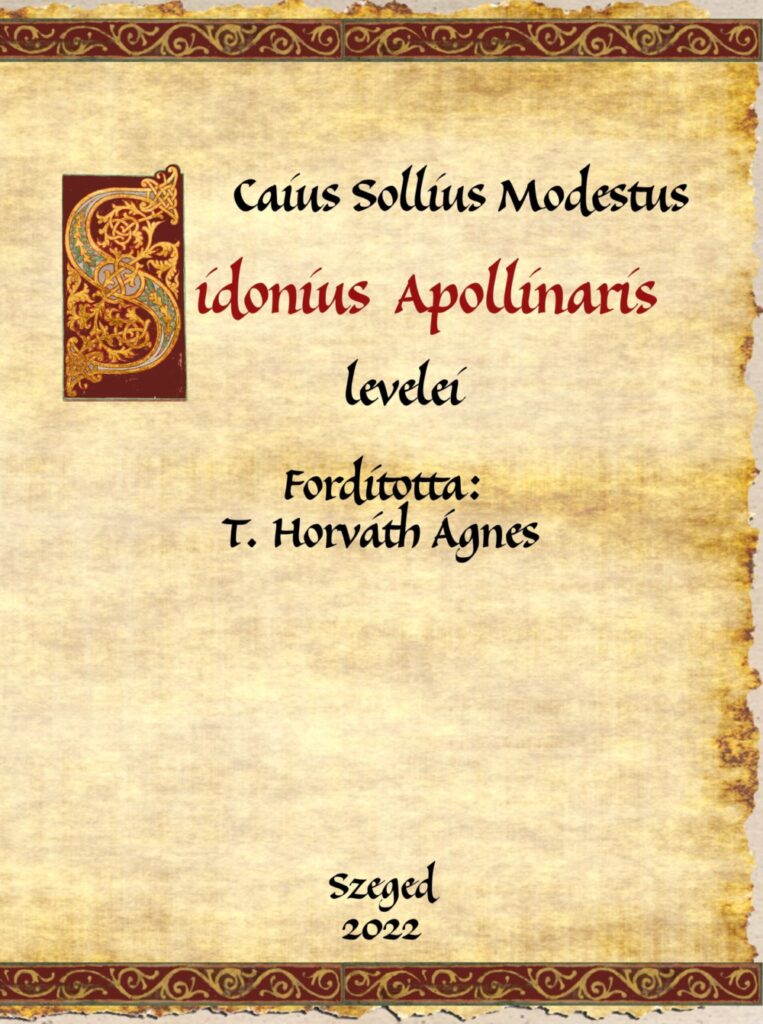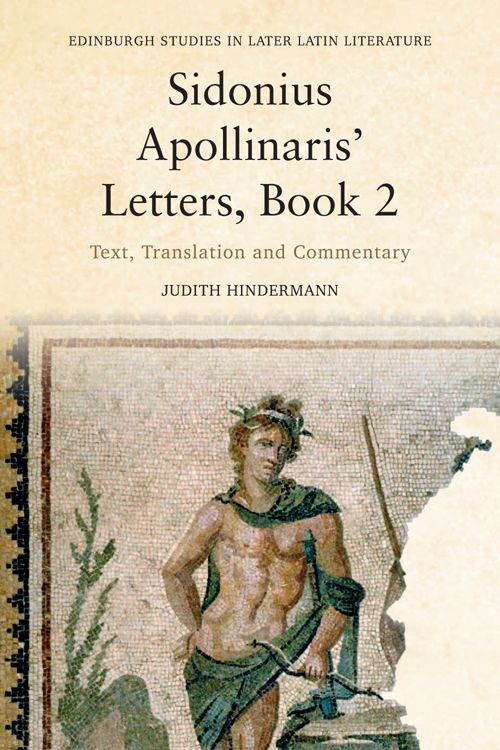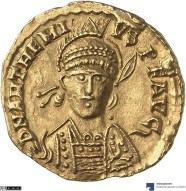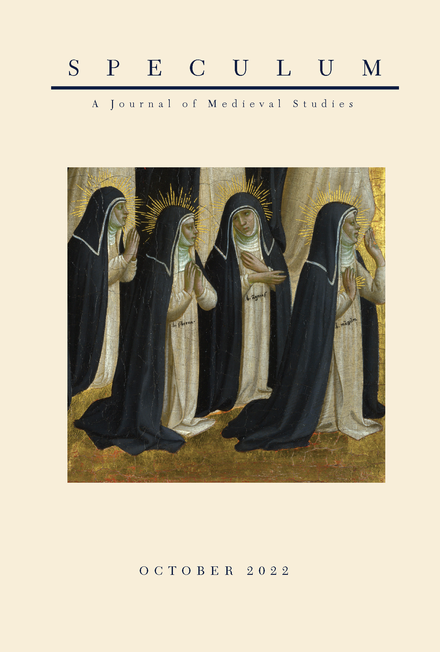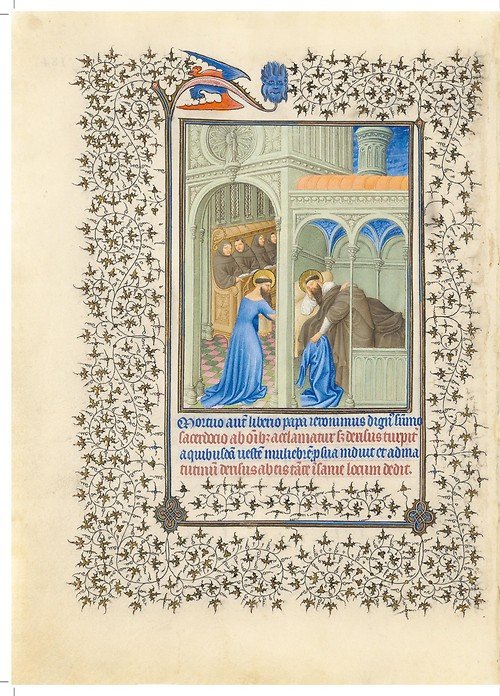Giulia Marolla has written an article about the traces of Sidonius (and Mamertus Claudianus) in Giacomo Leopardi’s early works: ‘Leopardi lettore di Sidonio Apollinare e Mamerto Claudiano’, Bollettino di Studi Latini 52 (2022) 592-600.
Abstract: This paper analyses the quotations of Sidonius Apollinaris and Mamertus Claudianus in the works of Giacomo Leopardi, whose interest for the two late Latin authors can be traced back to the years he spent studying at his father’s library in Recanati (in particular to 1815-1823). As can be inferred from his epistolary exchange with Niebuhr, for Giacomo, Sidonius constitutes a useful source. He is also an author the young Leopardi admires in light of the peculiar details he relates and because of his refined word choice. Together with Mamertus Claudianus, Sidonius is in particular cited as a source on Fronto and on the evolution of Latin in Late Antiquity. Furthermore, the paper suggests to link one entry in Leopardi’s autograph document C.L.XV.31 (Claudianus= 1762) to Mansi’s 1762 edition of Mamertus Claudianus, which was owned by Leopardi, as can be inferred from his Lettera al Giordani sopra il Frontone del Mai.

